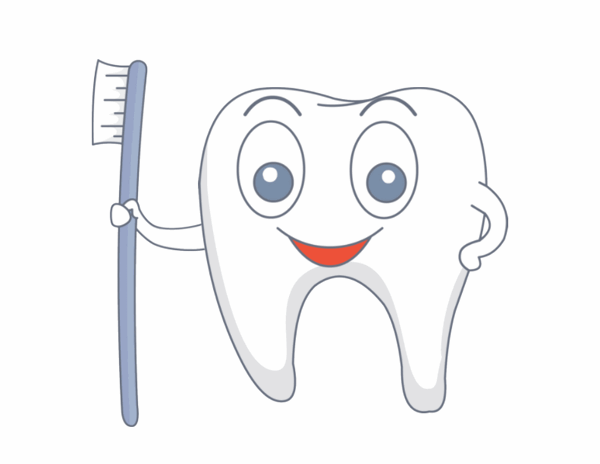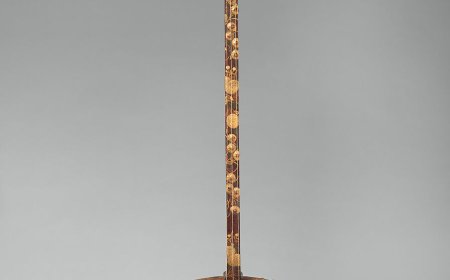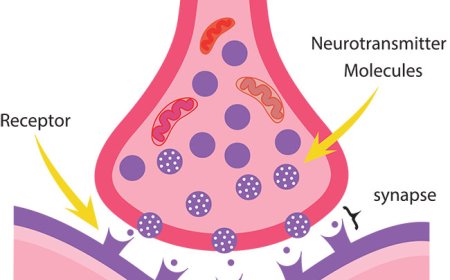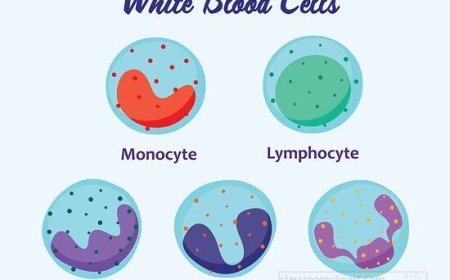How to Care for Your Skin, Hair, and Nails – A Kid’s Hygiene Guide
Learn how kids can take care of their skin, hair, and nails. Discover hygiene tips for staying clean and healthy every day.

🧠 Introduction: Your Body’s Armor Needs Maintenance
Your skin, hair, and nails are always working to protect your body, but they also need your help to stay healthy and strong. Just like you brush your teeth or eat nutritious meals to care for your insides, you also need to care for your integumentary system on the outside.
Good habits can help prevent dry skin, acne, infections, and even injuries. Whether you’re dealing with sun, sweat, or sharp fingernails, taking simple steps every day can make a big difference in how your skin, hair, and nails look—and more importantly—how well they do their job.
🧴 Skin Care: Keeping It Clean, Hydrated, and Safe
Your skin is exposed to everything around you—sunlight, pollution, sweat, and germs. Taking care of it keeps it clear, strong, and protective.
Here’s how to care for your skin:
- Wash your face and body daily with gentle soap and warm (not hot) water
- Moisturize after washing to keep skin from drying out
- Wear sunscreen with SPF 30+ when outside, even on cloudy days
- Avoid touching your face with dirty hands to prevent acne and irritation
- Don’t pick at scabs, pimples, or bites—this can cause scarring or infection
Skin problems like rashes, eczema, and acne are common, especially during puberty. If something itches, burns, or won’t go away, talk to a trusted adult or doctor.
💇 Hair Care: Gentle Habits for Strong, Healthy Hair
Hair needs regular cleaning, but it doesn’t need to be washed every day—2 to 3 times a week is enough for most people unless it’s very oily or dirty.
To keep your hair healthy:
- Use a mild shampoo and rinse thoroughly
- Avoid using too much heat (blow dryers, straighteners)
- Use a wide-tooth comb on wet hair to prevent breakage
- Trim split ends every few months
- Avoid tight hairstyles (like tight ponytails or braids) that can damage hair roots
Hair health is affected by your diet, stress levels, and hygiene. While everyone’s hair is different—straight, curly, thick, or fine—the same basic care rules apply.
💅 Nail Care: Clean, Trim, and Protect
Your nails protect your fingertips and help with gripping, but they can also collect dirt and germs. Keeping them clean prevents infection and damage.
Follow these nail care tips:
- Keep nails short and clean—clip them every 1–2 weeks
- Don’t bite or pick at your nails or cuticles
- Use a nail file to smooth edges and prevent snags
- Avoid using sharp objects under your nails
- Wear gloves when doing chores like cleaning or gardening to prevent damage
If your nails change color, shape, or start hurting, it could be a sign of an infection or health problem. Let an adult or doctor know if you notice anything unusual.
🧴 Safe Products and Smart Choices
Not all skin, hair, or nail products are safe for everyone. Some can cause allergic reactions, dryness, or clogged pores.
Here’s how to choose smart personal care products:
- Look for items labeled "fragrance-free" or "for sensitive skin"
- Avoid using too many products at once—especially on your face
- Don’t share things like razors, combs, or makeup—this spreads germs
- Choose clean, safe nail polish and remover if painting your nails
- Be gentle when trying new products—test them on a small patch of skin first
Less is often more when it comes to taking care of your integumentary system.
☀️ Protecting Against Damage
Some of the biggest threats to your skin, hair, and nails come from the environment or rough treatment. These include sunburn, cuts, scratches, cold weather, and overwashing.
To protect yourself:
- Wear a hat and sunscreen outside
- Use gloves and lotion in winter to prevent cracked skin
- Be careful with razors and sharp tools
- Don’t over-scrub your skin—it removes healthy oils
- Stay hydrated by drinking plenty of water every day
Your integumentary system works best when it's not under attack. Treating it gently helps it last a lifetime.
🧠 Vocabulary List
Hygiene Keeping yourself and your body clean to stay healthy
Moisturize To apply lotion or cream to keep skin soft and hydrated
SPF Sun Protection Factor, a measure of how well sunscreen protects your skin
Split ends The breaking of hair strands at the ends
Cuticle The thin layer of skin at the base of your nail
Infection When harmful germs enter the body and cause illness
Sensitive skin Skin that reacts easily to chemicals, scents, or materials
Fragrance-free A product with no added scent or perfume
Overwashing Cleaning too often or too harshly, removing natural oils
Hydration Having enough water in your body for good health
⭐ Kid-Friendly Summary
To take care of your skin, hair, and nails, remember to keep them clean, protected, and healthy. Wash your skin and hair gently, clip your nails regularly, and use safe, simple products. Wear sunscreen outside and drink water to stay hydrated. Avoid sharing things like combs or razors, and always treat your body with care. When you take care of your integumentary system, it takes care of you!
🤯 Fun and Interesting Facts
- Your nails grow faster during the summer and when you use your hands a lot.
- Sweating helps cool you down, but also cleans your skin by removing dirt.
- Sunburns can happen in just 15 minutes on a sunny day without sunscreen.
- Long hot showers can actually dry out your skin.
- Some people’s hair changes color or texture during puberty or pregnancy!
❓ Interactive Quiz: Test Your Care Skills
1. How often should most people wash their hair?
A. Every day
B. Once a month
C. 2 to 3 times per week
D. Only when it smells
2. What is one thing nails help you do?
A. Smell better
B. Write faster
C. Protect fingertips and grip objects
D. Grow taller
3. Why should you use sunscreen?
A. To clean your skin
B. To block germs
C. To protect your skin from sunburn
D. To help you sweat
4. What should you never do with other people’s hygiene items?
A. Trade them
B. Share them
C. Compliment them
D. Throw them away
5. What does moisturizing your skin help with?
A. Make skin cold
B. Remove hair
C. Keep it soft and hydrated
D. Make it peel




















































